Life
Sign up for our newsletter
We summarize the week's scientific breakthroughs every Thursday.
-
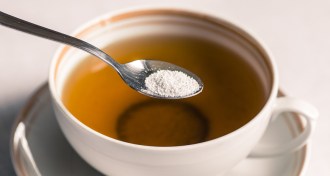 Health & Medicine
Health & Medicine50 years ago, the safety of artificial sweeteners was fiercely debated
Scientists are still learning more about the health effects of chemical sweeteners
-
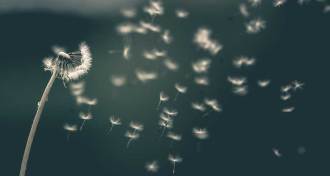 Life
LifeDandelion seeds create a bizarre whirlpool in the air to fly
Researchers have deciphered the physics underlying dandelion flight.
-
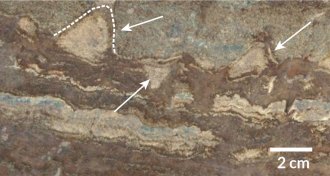 Earth
EarthThese ancient mounds may not be the earliest fossils on Earth after all
A new analysis suggests that tectonics, not microbes, formed cone-shaped structures in 3.7-billion-year-old rock.
-
 Astronomy
AstronomyReaders wonder about a hydrogen wall, pig lung transplants and more
Readers had questions about a glow at the edge of the solar system, pig lung transplants, the use of the word promiscuous and more.
-
 Neuroscience
NeuroscienceTo unravel autism’s mysteries, one neuroscientist looks at the developing brain
Autism researcher Kevin Pelphrey focuses on understanding signs of the disorder in the developing brain, which could shed light on the condition.
-
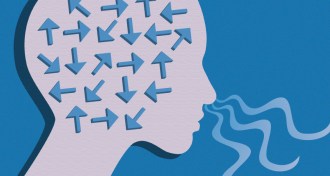 Neuroscience
NeurosciencePeople who have a good sense of smell are also good navigators
A sense of smell and a sense of direction are tangled in the brain, a new study finds.
-
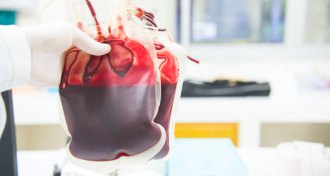 Life
LifeExplore the history of blood from vampires to the ‘Menstrual Man’
Rose George’s book ‘Nine Pints’ offers readers an engaging and insightful cultural and scientific history of blood.
-
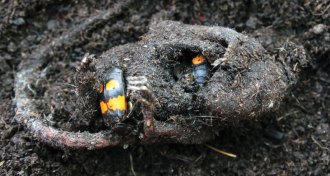 Animals
AnimalsIn cadaver caves, baby beetles grow better with parental goo
A dead mouse — with the right microbial treatment from beetle parents — becomes a much better nursery than your average carcass.
By Susan Milius -
 Animals
AnimalsHow nectar bats fly nowhere
Exquisitely sensitive tech makes first direct measurements of the forces of bat wingbeats.
By Susan Milius -
 Genetics
GeneticsGenealogy databases could reveal the identity of most Americans
Keeping your DNA private is getting harder.
-
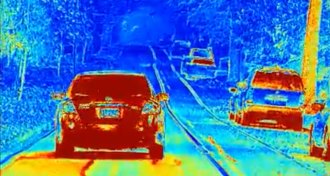 Tech
TechSelf-driving cars see better with cameras that mimic mantis shrimp vision
A new type of camera that sees in polarized light across a wide range of light intensities could help make self-driving cars safer on the road.
-
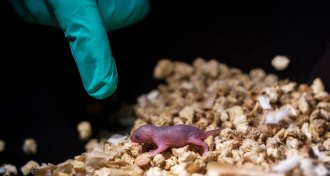 Life
LifeGene editing creates mice with two biological dads for the first time
Scientists have used CRISPR/Cas9 to make mice with two biological fathers.